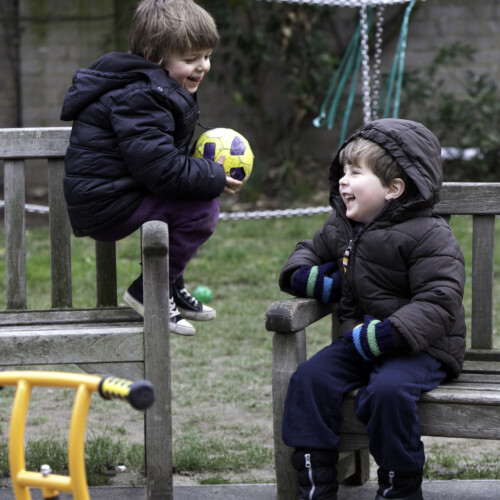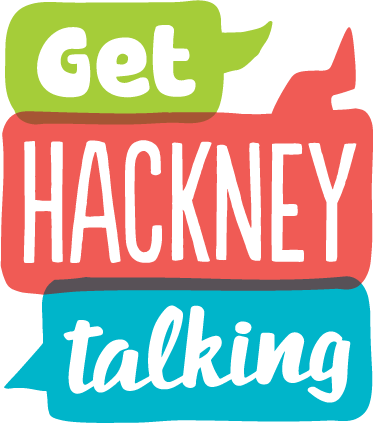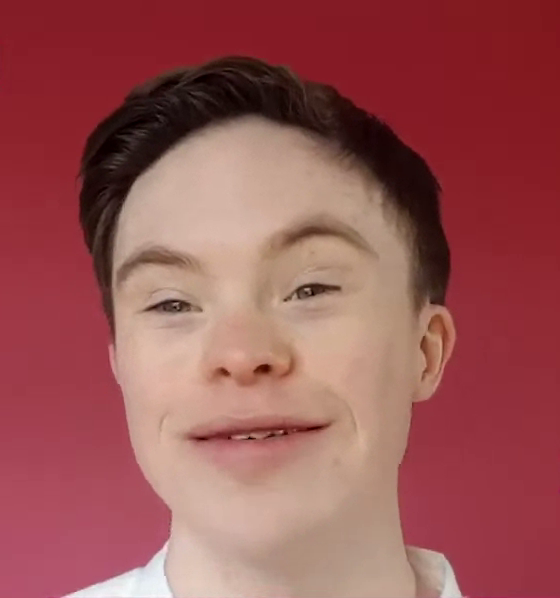What does ‘Speech Development’ mean?
Speech sounds develop from birth and their development progresses rapidly in the pre-school years. We expect most children to be talking so that people can understand them by the age of five. Some children, however, experience difficulties with their speech sounds which need further support. Sometimes there are factors that impact this development (e.g. hearing or physical difficulties), but some children have difficulties with particular sounds for no obvious reason. Children with speech difficulties can make progress with the right support.
| Age | Speech Sounds |
| 3;0 – 3;5 years | p b t d k g m ng f v s z h w l y |
| 3;6 – 3;11 years | ch |
| 4;0 – 4;11 years | j (as in giraffe) zh (as in measure) |
| 5;0 – 5;11 years | sh |
| 6;0 – 6;11 years | r |
| 7;0 + years | th |
Common speech sound errors that children make are:
- Fronting (changing a sound made at the ‘back’ of your mouth, such as ‘k’ or ‘g’, to a sound made at the ‘front’, such as ‘t’ or ‘d’) e.g. car à “tar”
- Stopping (changing a ‘hissing’ sound like ‘f’, ‘s’ or ’sh’ to a ‘stopped’ sound like ‘p’, ‘t’, or ‘k’) e.g. sock à “dock”
- Gliding (changing a ‘l’ or ‘r’ sound into a ‘y’ or ‘w’ sound) e.g. yellow à “yeyow”; red à “wed”
- Cluster reduction (groups of consonant clusters such as ‘bl’, ‘sn’ or ‘gr’ are simplified) e.g. blue à “boo”; snake à “nake”; great à “gate”
All children make these errors at some point when they are developing their speech sounds, but some children make errors that persist beyond the expected age. Some children have more significant difficulties with their speech and will need more ongoing support from a Speech and Language Therapist for a few years.
Strategies to develop speech skills
Repeat words to your child that they have difficulty producing
- Say the words for your child to hear e.g. “tat”, “yes, it’s a cat”
Accept what your child says
- Praise the child for good trying even if they aren’t using the correct sounds
- Make comments about the content of what they are saying, rather than how they say it.
Avoid over-correcting or asking your child to say it “properly”
- This could affect their confidence with talking.
Use alternative communication methods
- Ask your child to tell you in another way, or show you what they mean if you are struggling to understand what they say.
The importance of the Visual-aid
- Show your child how you make a sound, if you know that they are having difficulties with a particular one. For example, ‘look at my mouth when I say ‘f’… see my teeth are on my bottom lip.’
Activities to develop speech skills: Listening to sounds
- Copy a rhythm: You clap a rhythm, and see if your child can copy. Repeat several times.
- Let’s listen: This listening game that works best outdoors. Stand still and ask everyone to close their eyes. Listen to the sounds that you hear. One player names a sound that they can hear. Everyone points to the sound. Then on the count of 3 everyone opens their eyes. Are you all pointing in the same direction?
- I spy: ‘I spy’ is a familiar game, but it is great for learning language and phonics as well as filling in time on journeys. On the bus or in the car one player looks around and thinks of one item. He /she then gives a clue ‘I spy with my little eye, something beginning with (and says letter).’ All other players guess the item.
- Listening walk: When walking down the street stop talking for a moment. Spend a short time listening. When you have stopped listening talk about what you heard. What was making all those noises? If one person heard a noise that others didn’t then spend a few more seconds listening. Can you hear it now?
Remember: For children to develop listening skills they need to practice them. In busy family lives there is often little quite time. Try and reduce distracting noise. If no one is watching the TV, turn it off.
Do a little every day to develop listening skills.





